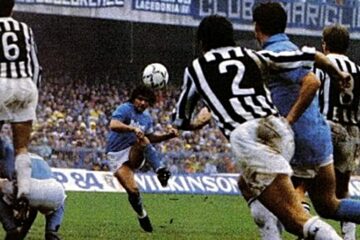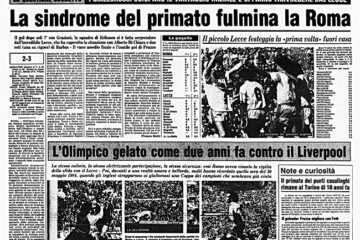“Dream Team” and the disintegration of Soviet Union in 1992 Olympic Games!
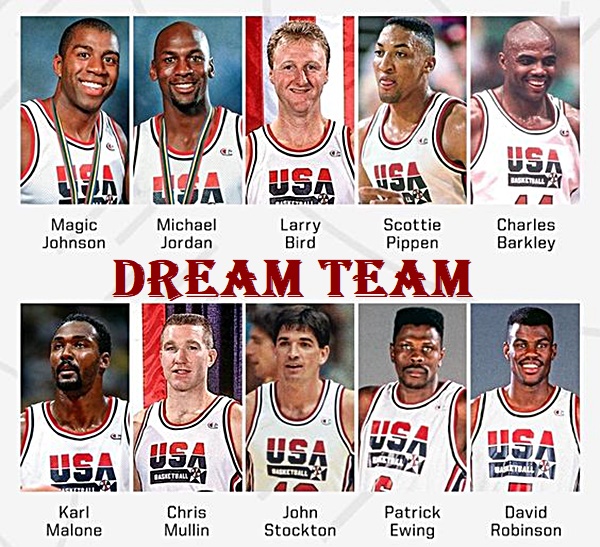
Prologue!
1992. These are the years of the collapse of the communist front!
The war of the Balkan countries. Isolation of BS profoundly changes the international political geographical position.
Serbia is prohibited from participating as a country, but not single athletes, where they can compete under the Olympic flag.
Professionalism is now total, as presented with the participation of American professional basketball “Dream Team” Magic Johnson; Michael Jordan; Larry Bird… these are the real stars of the games, demonstrating that the spectacle is now an integral, dominant and irreplaceable part.
In Football, they are not the same superstars, and the tournament has a way with less spectacle.
* * *
On April 17, 1989, the International Amateur Basketball Federation (F.I.B.A) voted 56-13 to allow NBA players to participate in the Olympics.
A myth soon developed that the United States, humiliated by the defeat of its college all stars in 1988, had manipulated the vote to regain dominance in the Olympics.
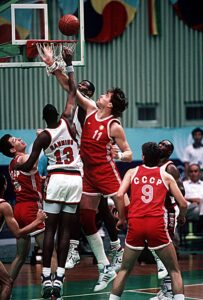
They feared that the presence of a dozen millionaires representing the United States would kill their fundraising efforts in support of women`s and junior basketball, and they feared that inevitable lopsided nature of the games would adversely affect television ratings.
Other basketball powers, such as the Soviet Union and Yugoslavia, saw the situation differently. They were willing to concede the gold medal to the United States in exchange for allowing their own best players to play in the NBA and still remain eligible for the Olympics.
Those nations that had little or no chance for a medal reasoned that as long as they were going to lose anyway, they would rather lose to the best.
And so was born the greatest basketball team ever assembled. Coached by Chuck Daly, the United States squad was captained by veterans Magic Johnson and Larry Bird, and included Michael Jordan, Charles Barkley, Patrick Ewing, and Carl Molone. It wasn`t just hype when they gained their nickname “Dream team”. A lot of Americans whined that it was overkill to send the Dream Team to Barcelona, but in the rest of the world the decision was greeted with enormous enthusiasm, especially in Barcelona itself, home of one of Spain`s leading professional team.
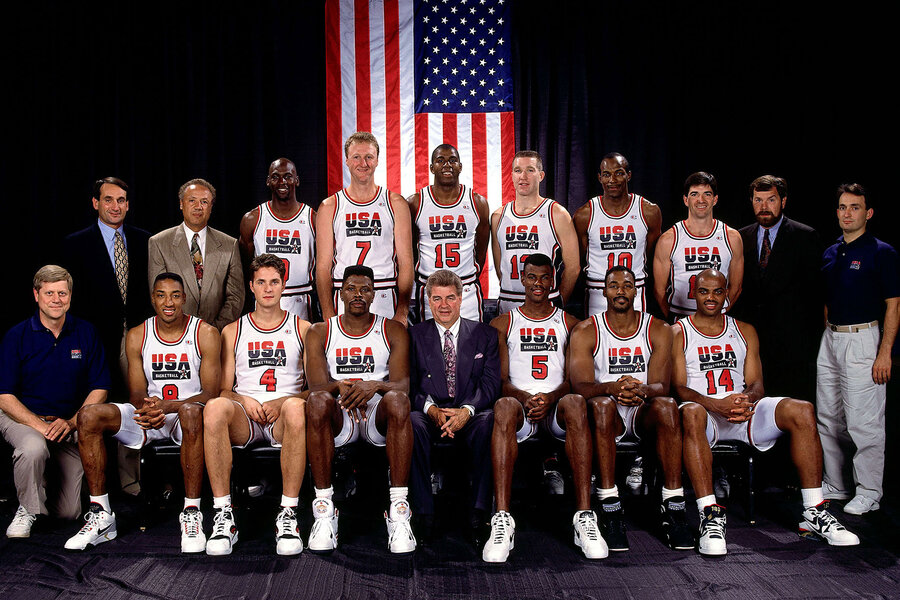
Before they could play for the gold medal, USA squad had to go through the formality of qualifying for the Olympics in the Tournament of the Americas. The Americans` first opponent was the team from Cuba.
For over thirty years, the government of United States and Cuba had treated each other as the bitterest of enemies. It soon became apparent that this enmity did not extend to the basketball court. The start of the game had to be delayed briefly – the Cuban asked if they could have their photographs taken with U.S. players.
United States won 136-57, but the Cubans seemed content. This set the tone for the rest of the Tournament of America as well as the Olympics. For opposing teams, playing against the NBA giants was a dream come true; it was something they would tell their grandchildren about.
The United States won the Olympic tournament as easily as expected. The Americans scored more then 100 points in every game and averaged a record setting 117% points.
Their closest victories were over Croatia 103-70 and 117-85. Charles Barkley (18.0) and Michael Jordan (14.9) led the team in scoring. Malone and Ewing in rebounds, and Scottie Pippen and Magic Johnson in assist. Jordan had a tournament high 37 steals.

If the final lacked drama, the bronze-medal match made up for it. Lithuanians had traditionally played a significant role in Soviet basketball. However, for 52 years Lithuania had been a reluctant member of the Soviet Union, and suport for independence ran high.
In 1988, the Soviet player posed for a team photo after winning the gold medal. After the session was over, the four Lithuanian members of the team, gathered for their own “team photo”. Four years later, in Barcelona, those four players were back in the Olympics representing an independent Lithuania. Another four members of 1988 Soviet team were also in Baercelona-playing for the Unified Team of ex-Soviet republics.
One of the four, Igor Migliniecs, was actually from Latvia, but competed for the Unified Team rather than miss the Olympics. In pool play the ex-Soviets overcome a 19-points deficit to beat Lithuania 92-80. The Lithuanian players were heart broken by the lost, but a week later, they were given a chance for revenge when Croatia, trailing by six points with 65 seconds to play in semifinals, upset the ex-Soviets 75-74. This meat that Croatia earned the silver medal while Lithuania and the ex-Soviets battled for the final platform at the medal ceremony.

This time Lithuania, led by Sarunas Marculonis and Arvydas Sabonis with 29 and 27 points, led for most of the game, kept their poise, and won 82-78.
In the end, the inclusion of the Dream Team at the Olympics was a big success. Although they were so much better than the rest of the teams that Coach Daly never called a single-time out, their average margins of victory-43% points was not as great as the U.S team as 1956, nor did they double the scores of their opponents, as did the U.S teams of 1936 and 1938.
“It was like, the guys lost in ’88, and so then they sent in the Navy Seals,” center Patrick Ewing said, referencing the United States’ 82-76 loss to the Soviet Union in the Seoul 1988 Olympic Games semifinals. “We were the Navy Seals. We were the elite forces, the elite of the elite forces. We came in, and we kicked butt and took names and got everybody back home safely.
TABLE
United States of America – Squad of Gold Medal!
Larry Bird
Earvin “Magic” Johnson
Patrick Ewing
David Robinson
Scottie Pippen
Michael Jordan
Clyde Drexler
Karl Malone
John Stockton
Christopher Mullin
Charles Barkley
Christian Laettner
RESULTS
Preliminary Round (Pool Play)
U.S. 116, Angola 48
U.S. 103, Croatia 70
U.S. 111, Germany 68
U.S. 127, Brazil 83
U.S. 122, Spain 81
Quarterfinals
U.S. 115, Puerto Rico 77
Semifinals
U.S. 127, Lithuania 76
Final Scores
U.S.A 117-85 Croatia 117-85
3-rd Place: Lithuania 82-78 Unified Team
5-th Place: Brazil 90-80 Australia
7-th Place: Germany 96-86 Puerto Rico
October 27, 2024
Source: “The Complete Book of the Summer Olympics” (The Overlook Press Woodstock and New York) 2000 Edition by David Wallechinsky / Pag.284-285
Pjerin Bj-Personal Library!
_______________
Sport vision + / Champions Hour in activity since 2013
Pictures are Google courtesy; If you have any issue on the photos, please contact us first, before you taking any actions.
Discover more from Sports Vision +
Subscribe to get the latest posts sent to your email.


